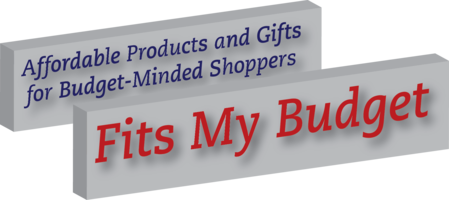Growing a small business can often feel like a catch-22 proposition. You need certain key equipment to grow to the next level. Of course, you can’t afford that equipment at the moment and only will be able to once you have the equipment that can up your production rate! Leasing instead of buying business equipment can help with this problem.
Equipment lease financing can be a boon for small companies that cannot afford to buy equipment. You might need expensive machinery, computers or vehicles to run your business and the cash flow provided by your business might not be enough to purchase them on your own.
Leasing is a much more affordable option although it is theoretically more expensive than a purchase. For example, your business might lease a work truck for about $200 a month for five years. The same truck might be available for purchase at about $400 a month for five years. In this case, purchasing the truck is definitely cheaper if you calculate the left over value of the asset although leasing is a good option if your business can only afford $200 a month in free cash flow.
Leasing is also a very attractive option for small businesses as a lease is definitely a lot easier to obtain than a loan. Banks and financial institutions will finance your leasing more readily than an outright purchase. In many cases, the vendor itself will have the funding lined up already. That being said, here are a few things about leasing that you should note.
Lease term – Go with a short lease term. A couple of years will be ideal. If you sign in for a long lease term, you can run the risk of having to work with technology that might become obsolete. This is particularly applicable with computers as computer technology drastically changes every few months. A shorter lease term will allow you to upgrade more frequently and be up to date with technological advancements.
Upfront payments – Try to negotiate with the leasing company to see if they will convert a large upfront payment into the monthly payments. This is called amortization and will keep your cash flow from being squeezed.
Monthly payments – You can try to negotiate this as well and it is up to you decide if the interest rate charged on the lease is fair or not.
Upgrade clauses – Some leases will allow you to have an upgrade clause in them whereby you can have your equipment upgraded at no extra cost. This is particularly prevalent with leasing of computers as they are upgraded very frequently.
Cancellation clause – Make sure that the lease has a reasonable termination clause as most leasing companies will make it very difficult for you to cancel a lease. It could happen that you might not need the equipment at some stage and there should be a reasonable way for you to cancel the lease and save yourself some money.
Right to purchase – A leasing agreement will generally give you the right to buy equipment after the lease has expired. Depending on the terms, you might be able to make an attractive purchase offer after your lease expires.
Is equipment leasing the right move for every business? Of course, not. That being said, it is a strong option for many, particularly when a straight bank loan is not a viable option.
|
Thomas Ajava writes about commercial financing loan topics for CommercialFinancingLoan.com. |
